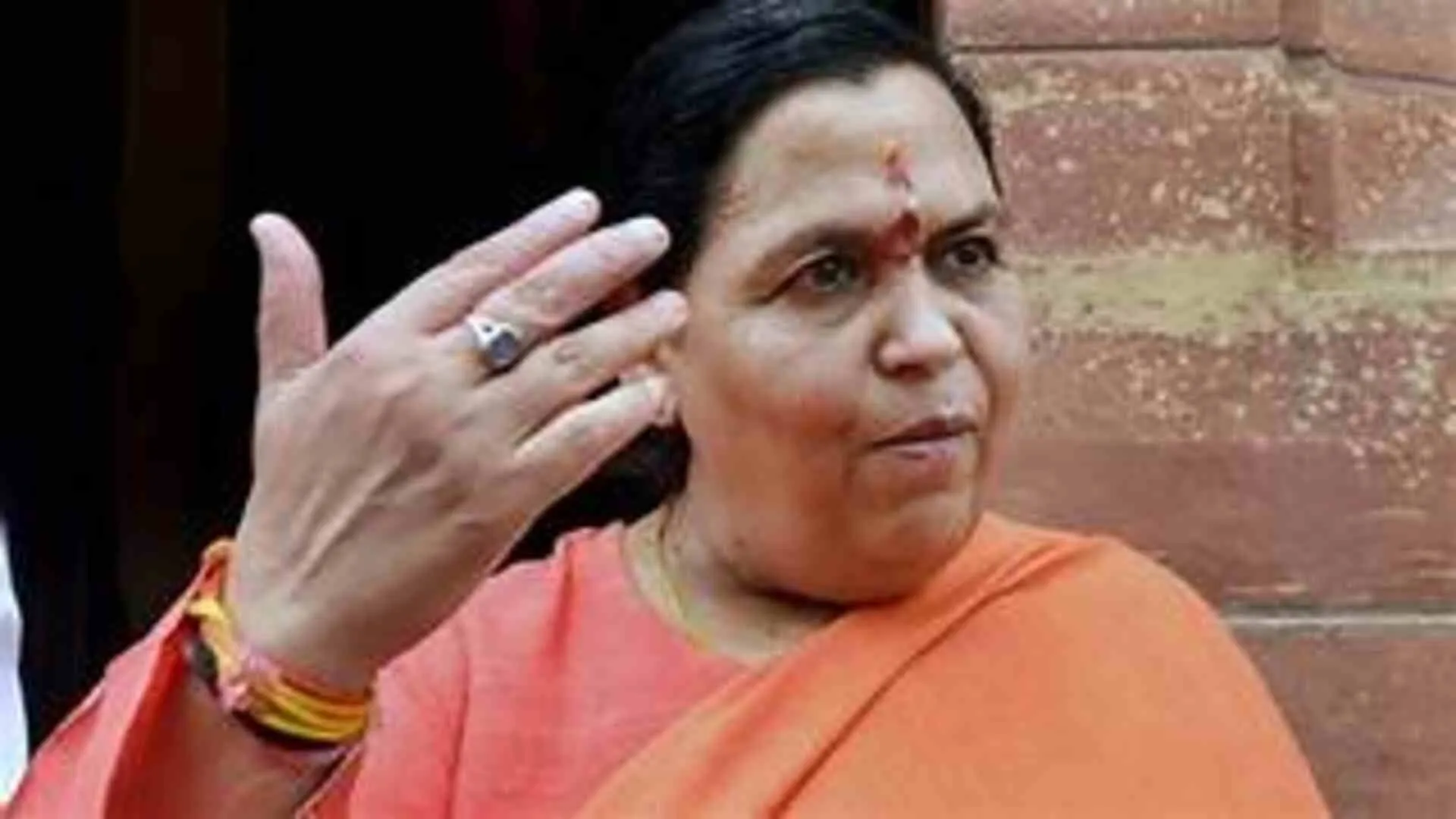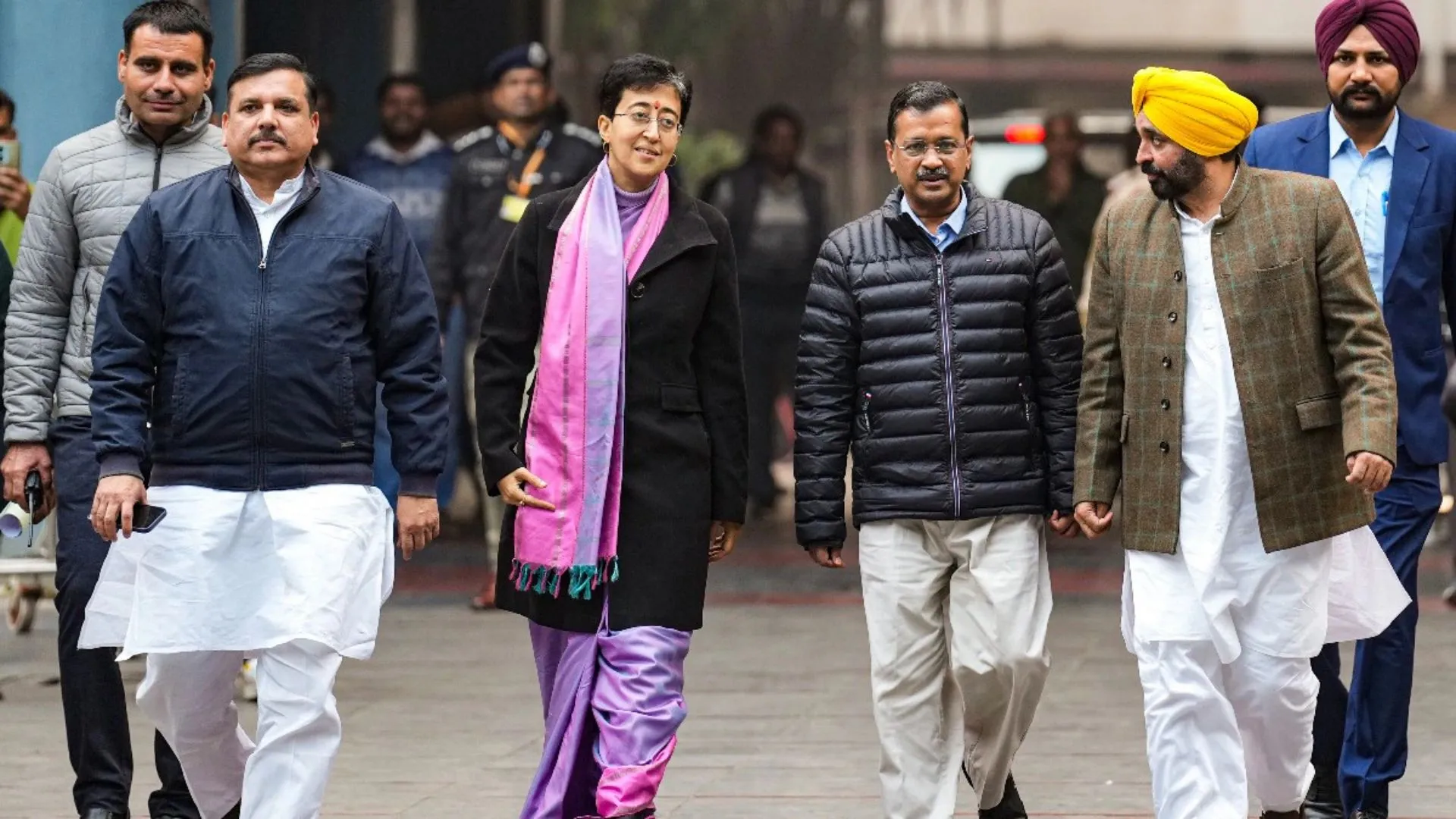The Chhattisgarh government’s vision of a self-reliant agrarian state is turning into reality, with farmers becoming financially independent and growing and selling their produce on a large scale. They are not dependent only on the monsoon or clutched within the chains of agricultural loans, and are witnessing a rebirth thanks to the schemes implemented by the government of Chhattisgarh, under the leadership of Chief Minister Bhupesh Baghel.
Over the last two years, with every consecutive kharif season, the amount of paddy procured, the number of registered farmers and registered lands as well as the number of farmers selling paddy have witnessed a significant spurt in Chhattisgarh. At the end of the kharif financial year 2017, the amount of paddy procured had been just 56.88 lakh metric tons with 15,77,332 registered farmers with a land acreage of 24,46,546 hectares with 76.47% farmers selling their produce. However, after the 2018 elections, paddy procurement amounted to 80.37 lakh metric tons, along with 16,96,763 registered farmers with a land acreage of 25,60,557 hectares, and a drastic increase in the percentage of farmers selling paddy to 92.61%. Meanwhile, in the kharif year of 2019-20, 83.94 lakh metric tonnes of paddy were procured from 19,55,541 registered farmers with a land acreage of 26,88,101, and 94.02% of farmers sold their produce. Currently, 2,49,080 new farmers have registered for paddy procurement in the state, taking the total number of registered farmers to 21,48,606, across more than 2,000 cooperative societies in the state.
Paddy is a major crop in Chhattisgarh—which is why the state is referred to as the ‘Rice Bowl of India’—and paddy procurement has been a socio-political issue in the state. Thus, the Baghel-led government is not allowing any sort of a reduction in paddy procurement this year, despite the Covid-19 crisis. The state government is set to start paddy procurement from December 1 at the support price, and is trying to collect gunny bags for the same after the Centre’s non-fulfilment of the state’s demand for them.
Several schemes started by the chief minister have also helped paddy farmers in Chhattisgarh. Under the Rajiv Gandhi Kisan Nyay Yojana, the state is transferring Rs 5,750 crore directly into the bank accounts of 19 lakh farmers. So far, Rs 4,500 crore have been provided directly to the farmers in three instalments. The scheme is similar to the farmer-friendly schemes of Odisha and Andhra Pradesh, and has revived the financial status of farmers in Chhattisgarh, especially as 90% of the scheme’s beneficiaries belong to marginal communities such as the SC, ST, OBC and economically weaker sections.
The Godhan Nyaya Yojana, launched on 20th July, is another scheme aimed at improving the agricultural scenario in Chhattisgarh. The scheme is designed for the promotion of organic farming and the creation of employment opportunities at both rural and urban levels. Out of the total 6,430 gauthans in the state, 3,726 are actively engaged in the procurement of cow dung. Cow dung is purchased from villagers and collectors at the cost of Rs.2 per kg. About 26,76,000 quintals of cow dung has been purchased, benefitting 1,32,855 cattlemen in the state so far.
Chief Minister Bhupesh Baghel has also fulfilled promises made to the state’s farmers by waiving agricultural loans and irrigation taxes. Loans worth Rs 9,000 crores have been waived by the state. The Chhattisgarh government also set a new record by procuring 83.94 lakh metric tonnes of paddy at the rate of Rs 2,500 per quintal in the kharif year of 2019-2020. An outstanding irrigation tax worth Rs 244.18 crore has also been waived off. Additionally, the compensation amount for the acquisition of agricultural land has been quadrupled and free and subsidized electricity is being provided to more than 5 lakh farmers of the state, which accounts for Rs 900 crore annually.
Besides the financial support and subsidies, the Chhattisgarh government has amended the Agricultural Produce Market Act to protect the interests of the state’s farmers and other citizens. With regard to the three new agricultural laws passed by the central government, the Chhattisgarh government had called a special session of the Legislative Assembly on 27th October and passed a resolution amending the Market Act, to make provisions for monitoring the sale of agricultural produce and establish electronic trading platforms.




















